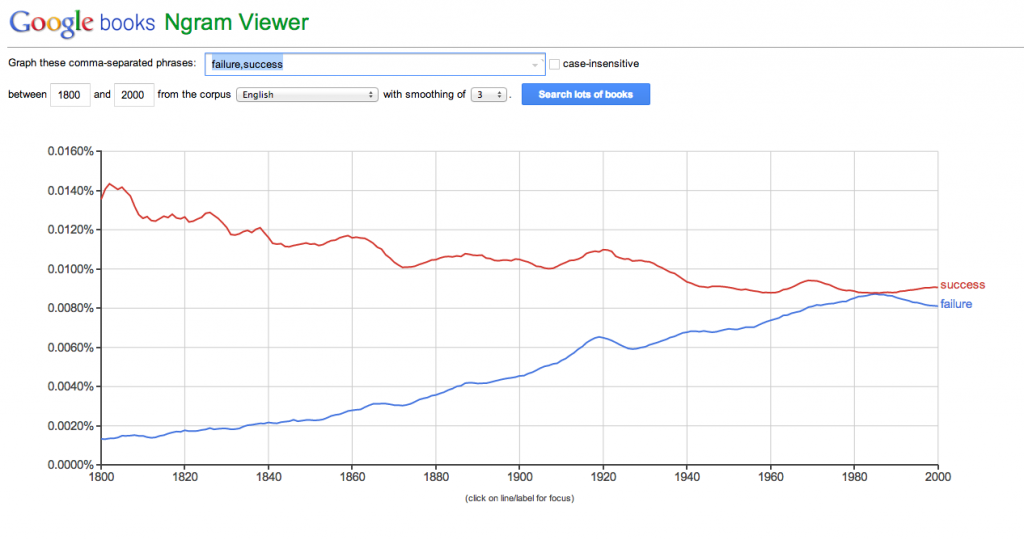
“But if thought corrupts language, language can also corrupt thought.”
– George Orwell, 1984
I have always believed in the power of words. I have spent countless hours carefully choosing the right words to use. In lyrics. In novels. I love people who use words creatively. (See Tom Robbins) I love people who use words I do not understand. ( See Cormac McCarthy) But as much as I love words, I am not always as careful with my choices when it comes to speaking.
Quite simply – I have said some really dumbass things.
Many times I have said them to the people I care about most in the world. And on top of that, I still have to fight my own negative self talk.
So in an effort to improve this part of my life, I have been trying to talk less and listen more. Sounds easy enough – but very hard to practice. And in my quest to listen to the way people voice their ideas in print or in speech, I keep hearing one word come up a lot. Failure.
When I started working on the list of ideas for this site, one of the Rules of the Road I came up with early on was: There is no failure, only feedback. I still think this is true. And since I have been hearing the word failure a lot, I got to wondering how it came to be that we use that word so much in our culture. So of course I headed over to Google. The Ngram viewer to be specific.
Ngram is a fascinating tool. With it, you are able to create a graph of how many times a word or phrase has occurred in a selection of books over a chosen amount of time. You can learn more about it here.
I can’t speak at all to how accurate it actually is and this obviously doesn’t include how often people are using the word while speaking, but I do think it can show some interesting data and the two curves below amazed me.
I could not have imagined it would look this clear. All I did was simply put in the two words that I was interested in and mapped their usage over the longest amount of time it would allow me to select.
Failure and Success. Here is the result:
What I thought was really inspiring was the curve at the end. It’s also a little strange. It appears that as a culture we are starting to use the word success more and the word failure less and the crossover happens almost exactly at 1984. Weird.
But this is what I am trying to do for myself. Trying to reverse the trend. For my own self talk I am focusing on words like success. I am trying to think more in terms of feedback than failure.
Maybe this is a little thing. Maybe the word failure doesn’t bother other people as much as it does me. But I believe that words can have a strange voodoo about them. And research backs this up. We know that words can change your brain. So if I can use positive words more, and negative words less, then I think my actions will change too.
Those around me will hear less negativity. They will hear more positive thoughts and it will be those ideas that enter the collective stream of our imagination.
This does not mean that things will not be hard or that I will not have to deal with crappy people or that I will not, well….fail. But the meaning I give those experiences through the power of choice and the story I tell myself and others through the power of words will be different. Hopefully, more successful.
With gratitude,


Leave a Reply